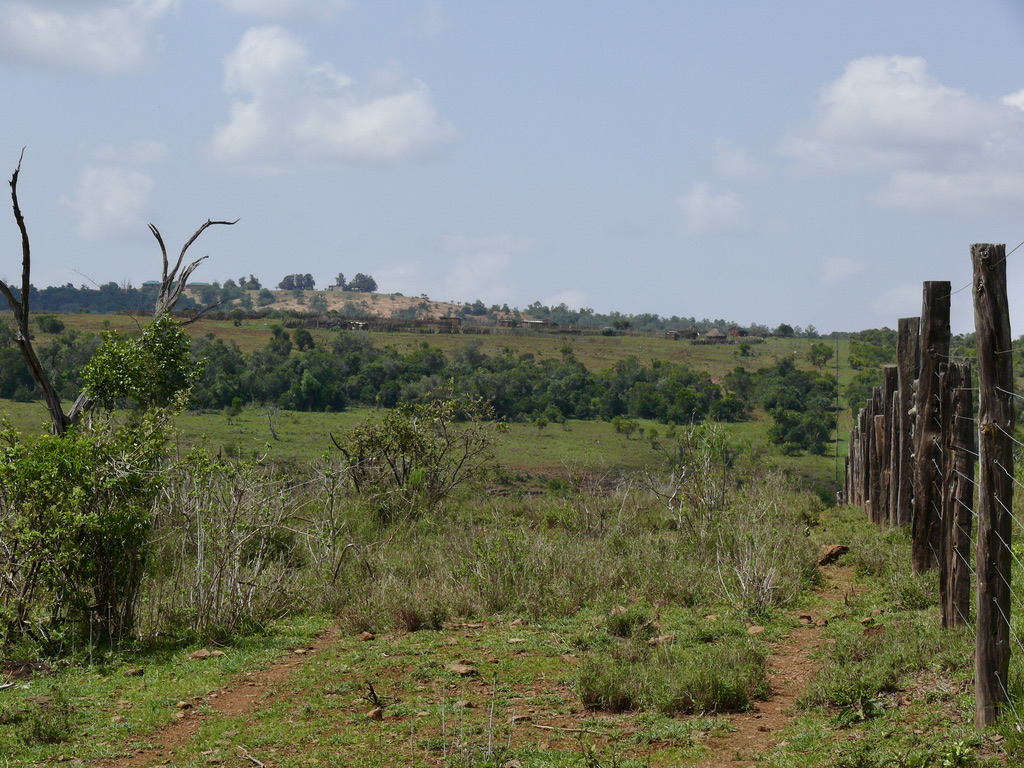On 18 November 2021, members of shared lands presented early findings of their USIP-funded participatory action research project, ‘Supporting grassroots environmental peacebuilding in northern Kenya’.
The presentation was entitled ‘Mobility as struggle: Environment, development, and the politics of movement in northern Kenya‘ and based on research by Ramson Karmushu, David Silakan, Shared Lands Environmental Fellows, and Charis Enns and Brock Bersaglio. The slides are available to download below alongside a description of the presentation.
Mobility is a vital strategy used to cope with environmental change and crises. This is particularly true in dryland areas, where people rely on movement to access natural resources made scarce by climate variability. This paper examines how contemporary approaches to development – increasingly defined by state-led spatial planning, large-scale investments in land, and major infrastructure works – interact with mobilities required to cope with environmental change. We argue that although contemporary approaches to development enable some flows of capital, commodities, humans and nonhumans to circulate with greater ease, they also instil new patterns of spatial exclusion and fixity for other human and nonhuman populations at the same time. Focusing on the case study of Kenya’s northern drylands, we illustrate how contemporary approaches to development are fixing pastoralists and livestock in place in several ways; for example, by altering land uses in ways that disrupt access to communal lands; supporting industries that require exclusionary land rights; and formalising labour regimes that encourage sedentarisation. As a result, im/mobilities are emerging as a new terrain of struggle, feeding into related environmental and ethnopolitical conflicts that are already common and further undermining abilities to cope with environmental change. We conclude by calling for approaches to development that recognise the importance of mobility as a response to environmental change and conflict.
